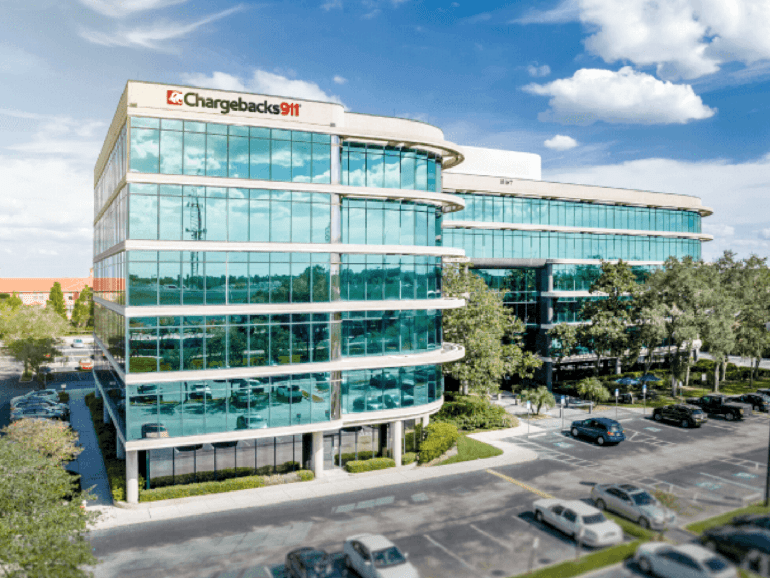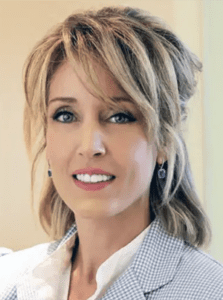Have you ever had to dispute a charge on your credit card? With a few simple clicks or using your finger on your smart device, you can initiate a chargeback through your bank or credit card company.
Consumers see this process as seamless and relatively instant. It’s just the start of a complex process for the retailers involved in the initial transaction.
What is a chargeback, and how does it work?
A chargeback is when a consumer contacts their bank, instead of the retailer, to get a refund. The founder of Chargebacks911, Monica Eaton, said it used to be a difficult process because you needed to figure out how to contact the retailer or the merchant directly.
“The problem is, whenever a chargeback happens, the merchant, the retailer, is forced to pay for that refund pretty much immediately,” Eaton said.
“If you want to file a chargeback within your bank with Chase, or you bank with Capital One, or Wells Fargo, then all you do is go to the app on your phone, and you just click a button, and it says would you like just to do this, and you say yes, and that’s it. You refresh your screen and will see a refund for that amount.”
Beyond the work that the retailer needs to manage at that point, there are also penalties and potential blacklisting added to the toxic mix.
“As a consumer, this is such an easy thing, but you don’t have any idea what happens behind the scenes. You don’t realize that what’s happening is the retailer has money taken out of their account, they just received a penalty, and they have all these issues. And, they’re charged a fine and a fee for each of these chargebacks.”
The retailer’s bank takes all the money out of their account, and they’re charged a fine (up to $25) and a fee for each chargeback.
Related:
Eaton says it is just like speeding tickets: if you get too many of them, then you have a black mark on your report.
“In the merchant’s case, you can lose your ability to process credit card transactions. If you were speeding, and you can prove that it wasn’t you or you were speeding, unlike a speeding ticket, that statistic never gets erased. The only thing you can hope for as a retailer is you’ll eventually receive the money back from your bank taken from you to give to the consumer.”
The best way to manage payment disputes has long been in contention.
The problem is compassed as one where the needs of merchants must be considered against the rights of cardholders. Banks are stuck in between, being strained by their customers and regulators to point the scales in one direction or another. It doesn’t have to be all-or-nothing, however. Technology allows us to build a joint resolution that benefits merchants and cardholders.
Why is no one doing anything about chargebacks?
Administrative pressures from agencies like the Consumer Financial Protection Bureau (CFPB) have generally disregarded the merchant point of view in favor of consumer and cardholder protection. This has increased costs for merchants, and any financial institution stuck in the middle.
“I think the answer is we need a whole rehaul. We need lobbying efforts to stop the networks from profiting from this deception,” Eaton said.
“We need things to change chargebacks. It should be unconstitutional and illegal to discriminate against merchants and retailers based on their chargeback statistics which have been proven to be invalid 70% of the time, and where the organizations regulating this statistic are making unfair profits.”
Chargebacks can cause a cascade of negative consequences for retailers.
“If I’m a retailer and I process your credit card, I’m sending that information to a bank with an agreement with the card networks. (Visa, MasterCard, American Express, and Discover). And those card networks are like Equifax and Experian, where they manage credit reports for merchants based on chargebacks. Not only does the retailer suffer this massive consequence, but also the banks. The card networks are the only organizations that make money in this equation.”
Mastercard, in a statement, wrote, “We’re invested in driving greater transparency and preventing chargebacks from occurring in the first place, committed to supporting a better experience for all involved – shopper, merchant, and issuer.”



